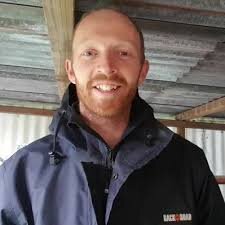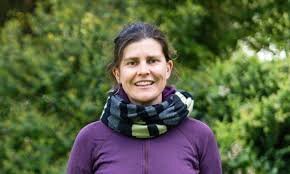20:20 Compost
20:20 Compost is based on a simple concept, to regenerate our soils in areas of need of food security and biomass diversity.
Sadly a large proportion of organic waste is still heading to landfill. 20:20 Compost diverts this organic waste to local areas where it is composted over 20 weeks and used to create fertile soil and grow nutritious food within those communities.
Seed the Change is honoured to support this scalable pilot project to enable the team to realise their vision, and contribute to a regenerative and sustainable eco-system, providing equitable food security.
20:20 Compost consists of a four person team working to get a small pile, large scale, decentralized composting pilot up and running in Ōtautahi Christchurch.
Meet the team
BAILEY PERYMAN
Urban farmer & compost champion.
HUIA LAMBIE
Healthy Families Ōtautahi Christchurch & connector.
ERIN CRAMPTON
Edmund Hillary Fellowship Fellow & passionate soil regenerator.
GAVIN SOLE
Environmental and process engineer.
In more detail
Why 20:20 Compost
20:20 Compost provides simple, cheap, and adaptable systems that become the foundation for community food security, which have the ability to be scaled for every community, through any crisis.
By citing our organic matter in kura, back gardens, schools, parks, community gardens, food waste is turned into soil fertility by producing highly fungal compost through two specific methods. This in turn produces nutrient dense kai ready for use by communities.
20 sqm for 20 weeks - and the compost is ready!
Starting with 10 sites where kai is needed
Once the compost is ready food is planted and will produce nutrient dense kai
Food security is attained for locals by locals
An opportunity to reconnect whānau Māori with traditional mahinga kai resources
Employment and training opportunities about in this regenerative system
Low cost and accessible.






